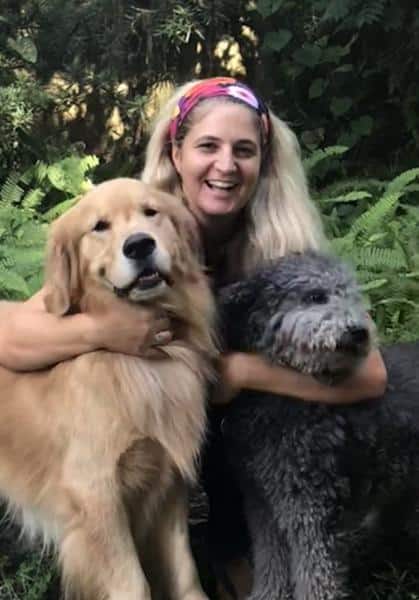We asked Dr. Erin Holder of FloridaWild Veterinary Hospital about her thoughts on diet, health, and longevity for your dog. Dr. Holder graduated with honors from the University of Florida College of Veterinary Medicine in 2002, where she also works as an adjunct professor in the Zoo and Wildlife Department. Dr. Holder incorporates Chinese medicine and acupuncture into her daily practice and believes in giving pets holistic care.
Q. Do You Have A Favorite Tip Or Advice That You Like To Give Dog Owners?
Q. With So Many Dog Food Brands On The Market, How Do You Suggest The Best Ones For Your Patients? And How Do I Know I Picked The Right One?
Q. What Are The Top Things You Recommend Not To Give Your Pet?
- Processed foods,
- Unnecessary drugs and treatments to suppress the immune system, and
- Toxic foods like grapes, raisins, onions, chocolate and xylitol.
- I also caution my patients to keep their pets away from lawn chemicals, as they are linked to lymphoma.
Q. Can A Dog’s Diet Cause Personality Changes? (More Or Less Hyper?)
Q. I Heard A Raw Diet Can Prevent Or Solve Health Problems In Pets. Is That True?
Q. I Read The Ingredients List On Dog Food Bags, But What Should I Be Looking For?
Q. What Are Your Thoughts On Human-Grade Prepared Food For Dogs, With Whole Ingredients And No Preservatives?
Q. Is It Okay To Give My Dog Bones To Chew On? And If So, Which Ones?
Q. I Want To Feed My Pet Human-Grade Food, But I’m Afraid To Tell My Vet. What Should I Do?
Answer: Before the introduction of “pet food” (that is, food that was created and marketed specifically for pet consumption), dogs thrived on human-grade food.
Why? Because it was healthy, whole, varied, and (most importantly) unprocessed.
Your vet’s primary concern should be the health and safety of your pet. At FloridaWild, diet is incorporated in every aspect of our treatment plans, from the healthy to the chronically ill.

